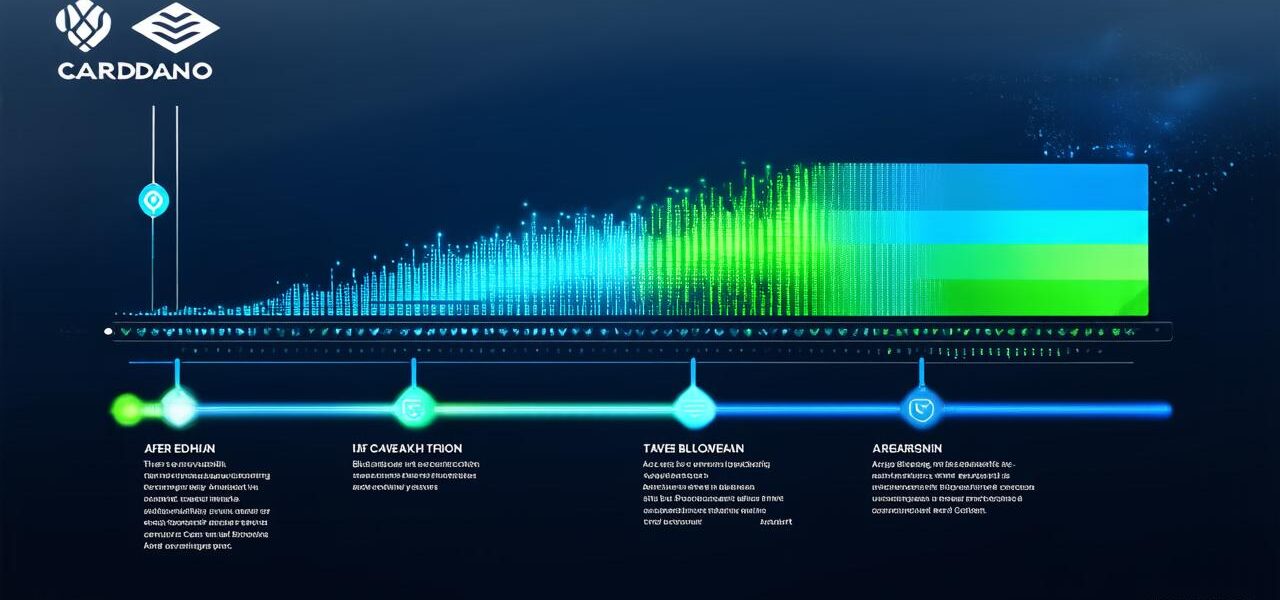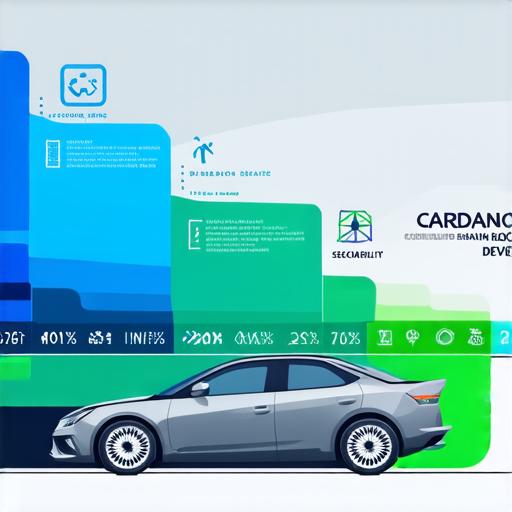
Exploring the Evolution and Capabilities of Cardano Blockchain Development
Introduction:
Cardano is one of the most promising blockchain platforms in the market. It was created by Charles Hoskinson and his team with the goal of providing a secure, scalable, and efficient platform for decentralized applications (dApps). In this article, we will explore the evolution and capabilities of Cardano blockchain development, including its features, benefits, and use cases. We will also discuss how Cardano is different from other blockchain platforms and what sets it apart in the market.
Features of Cardano Blockchain Development:
Cardano has several unique features that make it stand out from other blockchain platforms. Some of these features include:
- Scalability
- Security
- Energy Efficiency
- Interoperability
- Smart Contract Development
Benefits of Cardano Blockchain Development:
Cardano blockchain development offers several benefits to users, including:
- Improved User Experience
- Increased Security
- Reduced Costs
- Improved Regulatory Compliance
- Increased Innovation

Use Cases for Cardano Blockchain Development:
Cardano blockchain development has several use cases across various industries, including:
- Finance
- Healthcare
- Supply Chain Management
- Voting Systems
- Gaming
Comparing Cardano with Other Blockchain Platforms:
Cardano is often compared to other blockchain platforms such as Ethereum and Bitcoin. While these platforms have their own strengths and weaknesses, there are several key differences between them.
- Scalability
- Security
- Energy Efficiency
- Interoperability
- Smart Contract Development
Summary:
Cardano blockchain development is an exciting and rapidly evolving field. Its unique features, benefits, and use cases make it a powerful platform for building decentralized applications across various industries. As Cardano continues to grow and innovate, we can expect to see even more exciting developments in the future.
FAQs:
1. What is the main difference between Cardano and Ethereum?
Cardano was designed to be highly scalable, secure, and energy efficient, with a focus on interoperability and smart contract development. Ethereum, on the other hand, has been more focused on smart contract development but has faced challenges in scalability and security.
2. What industries is Cardano best suited for?
Cardano is well-suited for industries such as finance, healthcare, supply chain management, voting systems, and gaming, where fast transaction speeds, low fees, and increased innovation are important.
3. How does Cardano compare to Bitcoin in terms of security and scalability?
Cardano uses a proof-of-stake consensus mechanism, which is considered to be more secure than the proof-of-work mechanism used by Bitcoin. In terms of scalability, Cardano was designed to handle fast transaction speeds even as the network grows, making it better suited for applications that require high performance.
4. Can businesses build dApps on Cardano?
Yes, businesses can build dApps on Cardano using its smart contract development capabilities and other features such as scalability, security, and interoperability with other blockchain platforms.
5. What are the key challenges facing Ethereum in terms of scalability and security?
Ethereum’s scalability has been a challenge, with slow transaction speeds and high fees leading to a poor user experience. Additionally, several high-profile security breaches have occurred on the platform, highlighting the need for better security measures.



